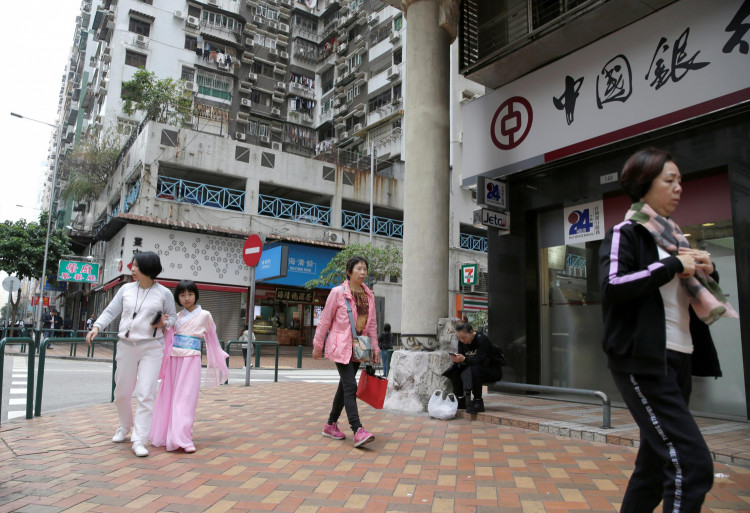Chinese regulators have taken drastic measures in recent weeks to regain investor confidence through more effective and consistent handling of defaults in response to a spike in bond failures.
The developments, led by the nation's first set of draft rules to tackle souring bonds, reflect a sense of urgency among policymakers to tame dishonest debtors who often get away with insufficient disclosure, persistent delays in repayment, and protracted bankruptcy proceedings.
Failure to do so would hamper the efforts of Beijing to promote well-functioning capital markets to modernize an economy that is still predominantly financed by bank loans, analysts said.
Notwithstanding the toughened policy stance, the new promises made by regulators remain rich in generalizations and short on details such as how to impose penalties for default misbehavior and help investors recover losses, analysts said. Cleaning up the mess also includes improving the existing law on bankruptcy in China.
In the draft rules jointly published on Dec. 27, China's central bank, economic planning agency and securities regulators called for the reform of the bond default handling process. They stressed the importance of creditor meetings and urged more accountability on the part of custodian banks, underwriters and rating agencies.
According to Chinese lawyer Yang Peiming, the guidelines, which mostly cover specific concepts in dealing with default bonds, demonstrate that the issue has gained considerable attention at the national level.
However, execution details are needed to implement the draft rules, which means it now requires China's supreme court to follow up with more concrete measures, he said.
Government regulators have also rolled out guidelines in recent weeks on trading defaulted bonds and are expected to publish rules on swapping them for new debt.
The country's supreme court also has taken some early action, drafting rules aimed at better scrutinizing bond underwriters' behavior.
China's central business district has made great strides since allowing the first local bond to default six years ago, searching for ways to foster a more robust discipline in a finance region long used to government bailouts.
Still, it is China's bondholders that are being affected by the soaring cost of complicated defaults while borrowers often go scot-free.
Onshore bond defaults last year reached 134.1 billion yuan ($19.2 billion), hitting a fresh record for the second year in a row, according to a Bloomberg report.
Since 2018, the recovery rate on defaulted loans has dropped to 4 percent; Shanghai Chongyang Investment Co. said in a report dated December 27.





